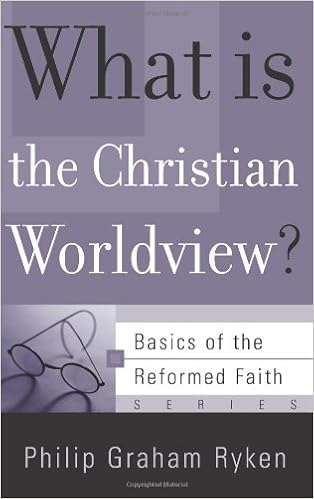“What’s best next” is first of all a statement about that which is best next, which is doing the will of the Lord.
What is the Lord’s will in our daily work? We know that ultimately what Jesus wants from us is love (Matthew 22:37-40), so that’s always what’s best next. All of our productivity needs to be grounded in love—first, in terms of our motives (seeking the good of others) but also in terms of how we make decisions at all.
This is often overlooked: love isn’t just our motive in what we do, it’s also a guiding principle by which we decide what to do. What is best for the other person? That’s the question love asks, and it’s the guiding principle of true productivity. We don’t make choices based on what’s best for ourselves next, we make the welfare of others the motive and criterion for deciding what to do.
And so “what’s best next” is also a question we can use to help guide us. We can’t do everything that might possibly be next. We need to do what’s best next. A core principle for getting things done is to do what’s most important first. So when you have a thousand things to do, slow down and ask “what’s best next?” Then do that. Likewise, don’t do what’s easiest next; do what’s best next.
“What’s best next?” is a question you can continually use to guide your daily work.
 As Christians, we are called to engage the culture, not retreat from it. In order to do this effectively (and winsomely, avoiding spiritual weirdness), we need to understand how to develop a Christian worldview.
As Christians, we are called to engage the culture, not retreat from it. In order to do this effectively (and winsomely, avoiding spiritual weirdness), we need to understand how to develop a Christian worldview.